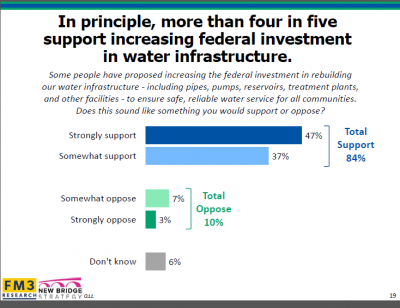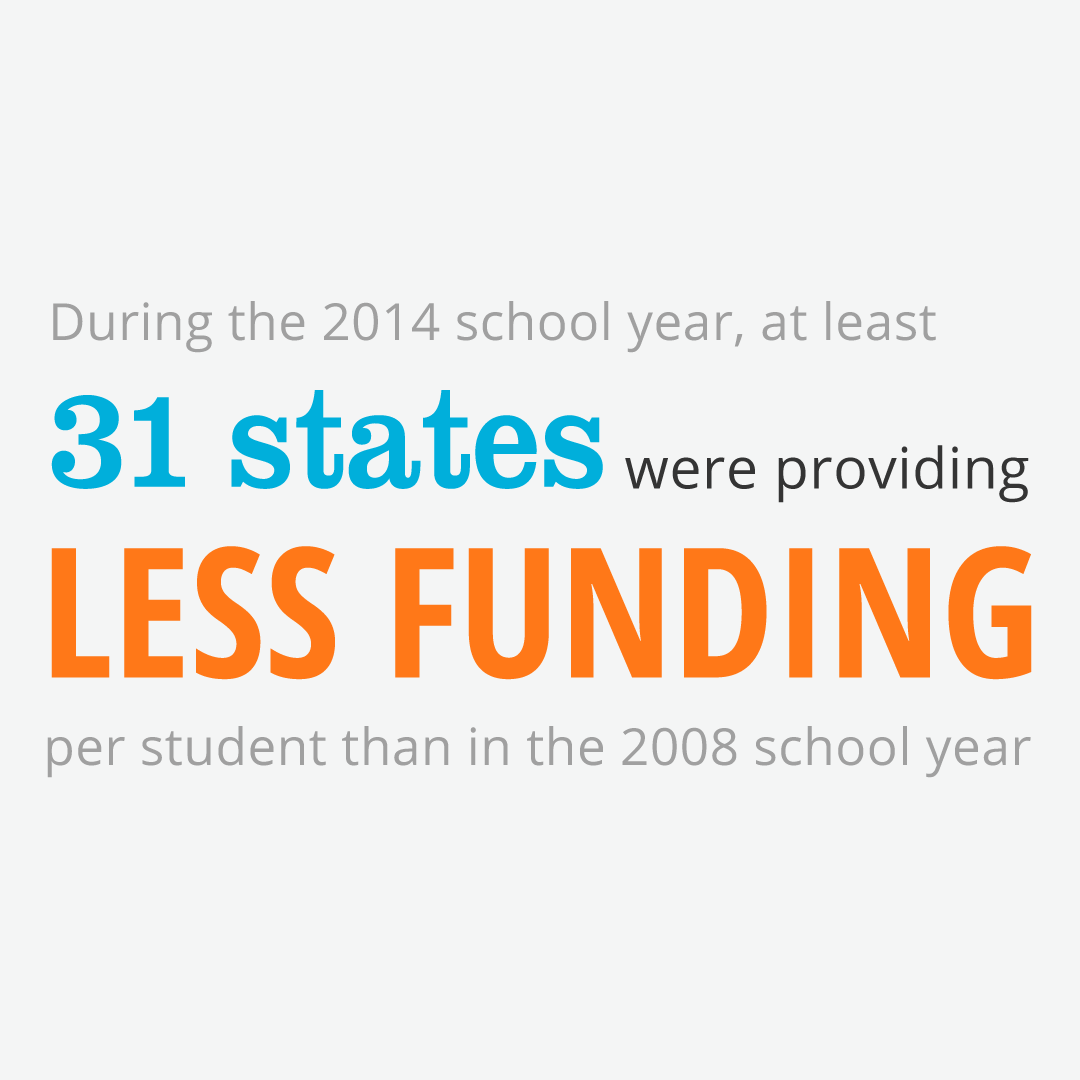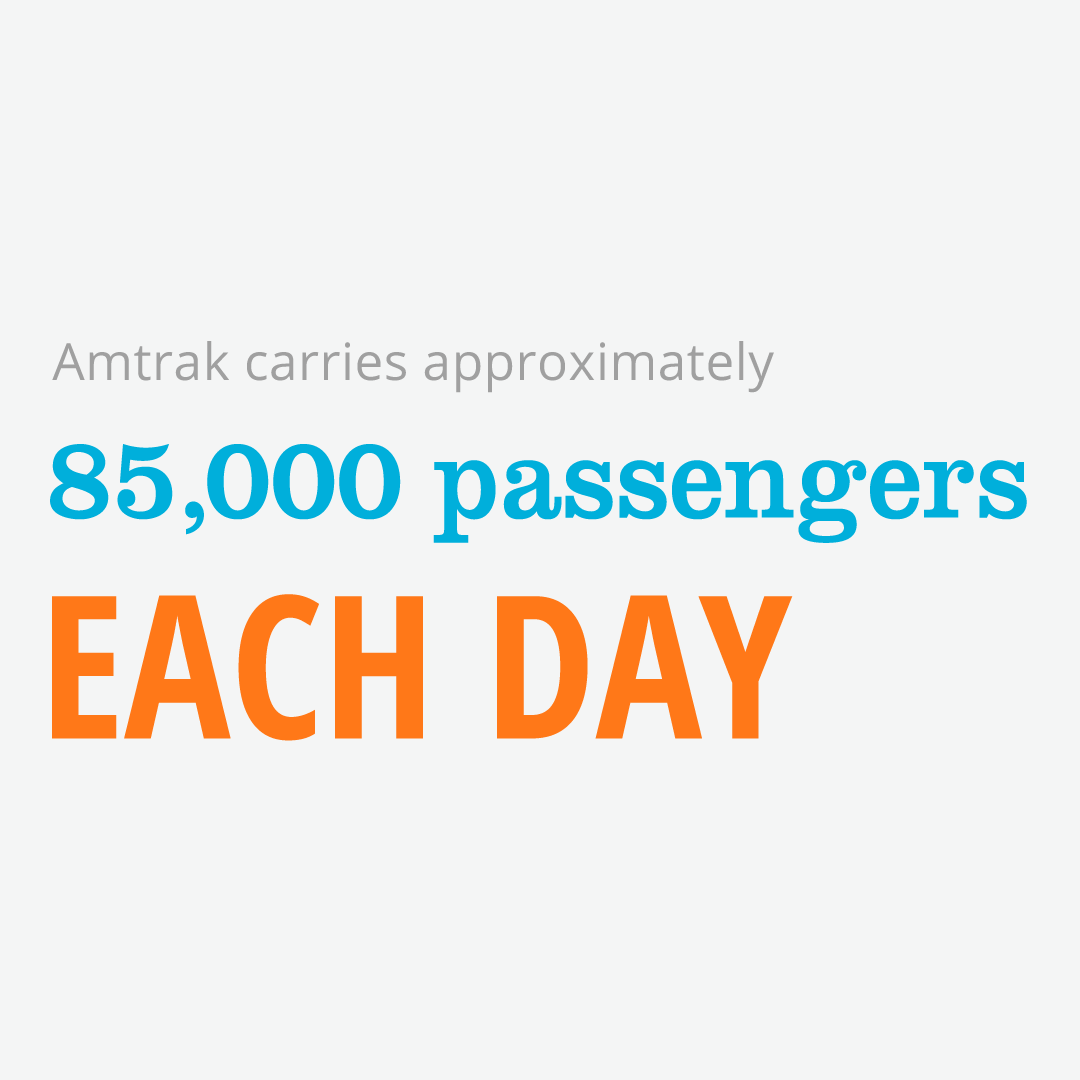If there is anything that can bridge the partisan gap between Americans, it’s reliable, safe, and high-quality infrastructure. In fact, 80% of Americans support rebuilding our nation’s infrastructure more than almost any other top issue facing the current Administration, according to the Value of Water’s 2020 National Survey on Public Opinion on Water Infrastructure, hot off the press today, April 28. 
What does this 80% number mean? Americans support infrastructure investment more than reforming our healthcare system (77%); increasing availability of high-quality childhood education (72%); and ending the opioid crisis (72%). Nearly everyone (97%) said that America’s infrastructure is at least somewhat important. Only strengthening the economy ranked slightly higher, at 81%.
This year marks the fifth annual VOW poll of over 1,000 American voters to better understand their views regarding the state of our nation’s water infrastructure, priorities for action, and potential solutions. A bipartisan research team of Fairbank, Maslin, Maullin, Metz, and Associates (D) and New Bridge Strategy (R) conducted the poll on behalf of VOW in between March 7 and 18, 2020, when the initial social distancing measures related to the COVID-19 pandemic started ramping up across the country—and around the time the stock market crashed. The economy and COVID-19 are at the top of Americans’ minds, but the yearning for better water infrastructure has not receded.
Americans are worried about the future of our water infrastructure and want investment now before it fails. Eighty-four percent of Americans support (with 47% strongly supporting) increasing federal investment to rebuild our pipes, pumps, reservoirs, treatment plants, and other facilities – to ensure safe, reliable water service for all communities. Three-quarters (73%) of Americans support investment to ensure our drinking water and wastewater systems are resilient, even when climate change is mentioned. This includes both Democrats and Republicans.
In fact, support for water infrastructure investment cuts across age, gender, party, geography, and ideology. More than three in four Democrats and Republicans agree rebuilding America’s water infrastructure should be a top priority for President Trump and Congress this year.
There is also a willingness to pay for better water. When informed that ratepayers would bear some costs, 73% continue to support capital investments at the national, state, and local levels, even when they’re told that investment carries a $1.2 trillion price tag. And – 62% of voters support a proactive program to upgrade water infrastructure, versus fixing problems as they arise, or a pay-as-you-go approach. Eighty percent of American voters say that what they pay for water and wastewater service is affordable, and approximately two-thirds would be willing to pay a modest increase in local water rates to fund improved service. However, the proportion of those who are “very willing” has decreased slightly from 37% in 2018 to 29% in 2020. It’s critical the federal government step up to the plate so local ratepayers don’t solely take the burden, making rate increase unaffordable and placing low income and vulnerable communities at a growing disadvantage.
Finally, some American voters are concerned about water quality, but overall confidence remains high. Sixty-seven percent of voters drink water from the tap – unfiltered or filtered. Seventy-eight percent say they trust that their drinking water is safe. Nearly 80% (77% precisely) are concerned about contaminates affecting their drinking water, but most voters are unfamiliar with per- and polyfluoroalkyl substances (PFAS). PFAS are chemicals found in consumer products such as food packages, cookware, textiles, plastics, and other household products that when accumulated over time can have negative impacts on human health. Populations can be exposed to PFAS through contaminated groundwater, drinking water, and soil. Three-quarters of Americans indicated they had not heard of PFAS, while 21 percent said they had. Fifteen percent had heard of PFAS and were concerned about them. Americans are becoming increasingly concerned about the state of the nation’s water pipes and related infrastructure: forty-nine percent believe it is in good condition, which is a 10-point drop since 2016.
This VOW poll coincides with the annual Water Week, a week of advocacy for our nation’s water infrastructure. This year, Water Week events will be held virtually due to the COVDI-19 pandemic. ASCE is a member of the VOW Campaign. See the full poll results here.
To keep the wheels moving on better water infrastructure, the Senate Environment & Public Works Committee released a draft of their bipartisan Water Resources Reform Development Act (WRDA) bill— the America’s Water Infrastructure (AWIA) Act of 2020, keeping Congress on track with the biennial WRDA reauthorization schedule. Reauthorizing WRDA has been a constant legislative priority for ASCE . This bill authorizes $17 billion in infrastructure projects and reauthorizes the EPA’s Clean Water State Revolving Fund at increasing levels over the next three years. The Committee also released a draft of the Drinking Water Act of 2020, which includes $2.5 billion in federal authorizations and reauthorizes programs under the Safe Drinking Water Act (SDWA) to provide resources and technical assistance to communities to help meet their drinking water needs. While consideration of both bills in the full Senate is currently unclear, the House Transportation and Infrastructure Committee is developing their own WRDA bill.
Passage of WRDA legislation is a critical important step in securing investment for our levees, dams, inland waterways, and ports that protect hundreds of communities, support millions of American jobs, and generate trillions of dollars of economic activity. However, many of these assets have reached the end of their design life, and we must close the investment gap, which requires bold, robust investment from the federal government. For a comprehensive summary of these bills and ASCE’s position, check out our issue brief memo.
ASCE sent a letter to the EPW committe late last week, thanking them for the introduction of these two bills and for supporting other programs that encourage resilience innovation, and utilization of green infrastructure systems, in addition to other asks that will help the close the water infrastructure funding gap.























































